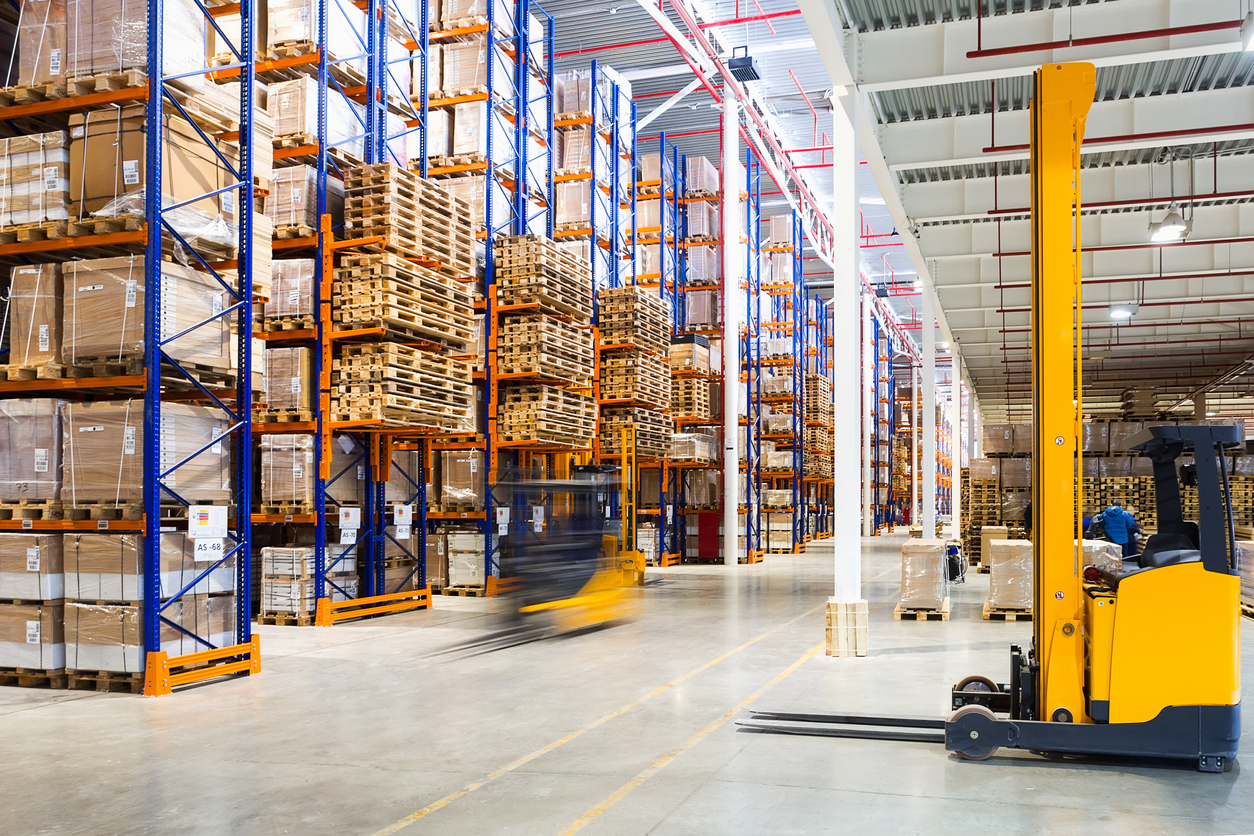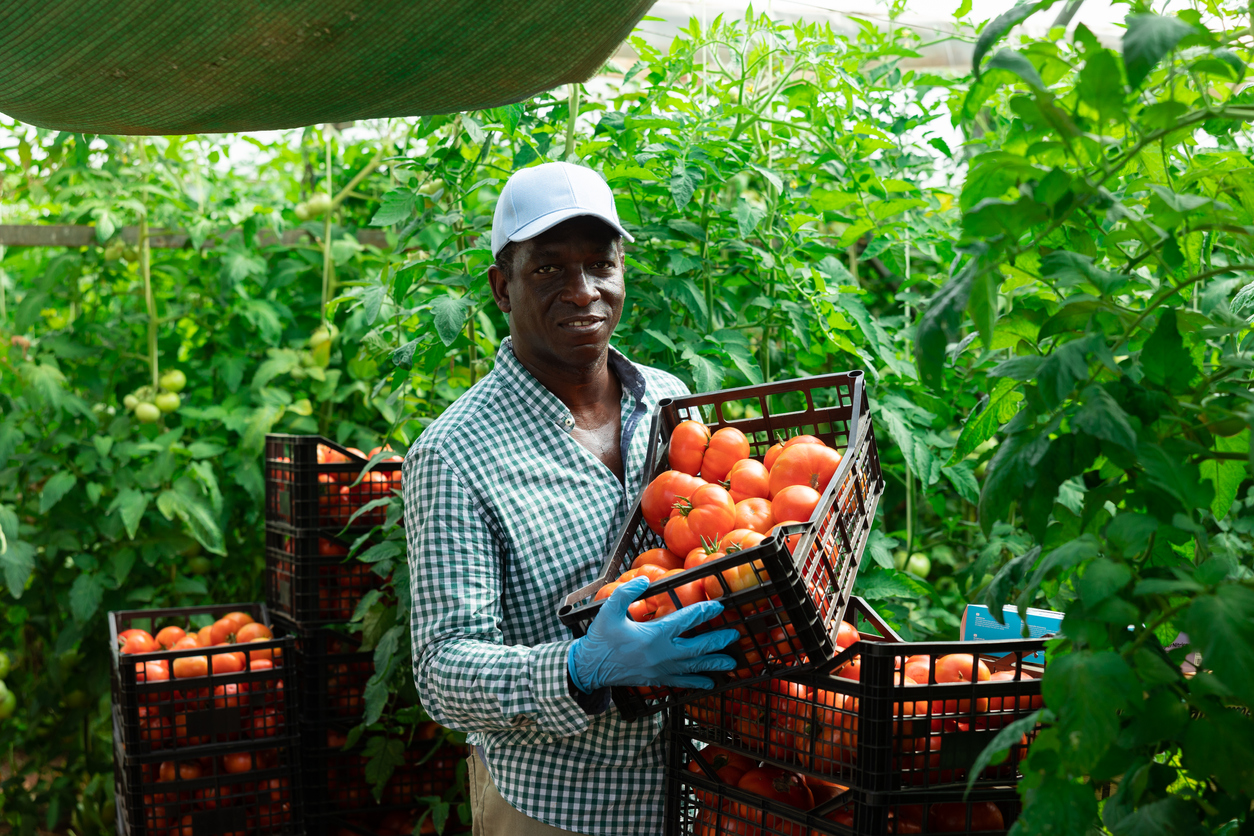A Step-by-Step Guide To Buying and Exporting Coffee from Angola
A Step-by-Step Guide To Buying and Exporting Coffee from Angola
Angola is home to some of the best coffee in the world, but exporting it from the country can be a challenge. Luckily, there is a step-by-step guide to buying and exporting coffee from Angola that can make the process easier. With this guide, you can learn the basics of coffee buying and exporting, as well as important details about the country and its coffee industry. From selecting the right coffee beans to navigating the legal paperwork, this guide takes you through every step of the process. With the right knowledge and preparation, you can be sure to get the best quality coffee and ensure a smooth export experience. So, if you’re looking to buy and export coffee from Angola, this guide is the perfect place to start.
Overview of the Coffee Industry in Angola
Coffee is one of Angola’s most valuable industries, with the country exporting coffee to over 100 countries. More than half of the country’s coffee production is exported, making it the second highest coffee-exporting country in Africa. Of all the coffee exported from Angola, about 58% is Robusta, and the rest is Arabica coffee beans. The main coffee growing region in the country is the northern province of Cabinda, which is near the border with the Democratic Republic of Congo. Coffee is the second largest source of foreign exchange in the country after crude oil. Angola is the sixth largest coffee exporter in the world, and coffee accounts for about 14% of the country’s economy. The coffee industry plays an important role in the country’s development, and the government has prioritized expanding the coffee industry. The industry is expected to grow even further in the coming years, with predictions of an increase in production of up to 30% by 2021.
Selecting the Right Coffee Beans
Before you can begin exporting coffee from Angola, you need to decide what kind of coffee beans you want to buy. The first step in the exporting process is selecting the coffee beans that are right for your business. You can do this by choosing the coffee varieties or blends that will appeal to your customers. The best coffee beans are fresh, high-quality beans that are freshly roasted. You can see when coffee is fresh by checking the roast date. Ideally, you want to buy coffee that has been roasted within the past 30 days. When exporting coffee, you should also look for a high-quality grade and a lab test report. Choosing the right coffee beans is important for your business. If you want to sell specialty blends, you need to know what goes into each blend. This way, you can make recommendations to your customers based on what they like and what they usually drink.
Finding the Right Supplier
When you start searching for a coffee supplier, you want to find a company that offers high-quality coffee beans. You also want to make sure they can meet your volume requirements and that they can meet your desired price. To select the right supplier, start by looking at the volumes of coffee they import. You want to find a supplier who imports a significant amount of coffee each year. You can find out the volume of coffee a supplier imports each year by using the trade statistics database and searching for the country of origin. You also want to find a supplier who can meet your volume requirements. To do this, you need to get an idea of how much coffee you plan to export each year. You can use the guide below to help you estimate your volume requirements. One of the most important things when selecting a supplier is finding a company that can meet your price requirements. You want to find a supplier who can offer you a competitive price, while also providing high-quality coffee. When selecting a supplier, you also want to pay attention to the country of origin.
Navigating Legal and Financial Requirements
When selecting a supplier and buying the coffee beans, you want to make sure you follow all legal and financial requirements. You also want to make sure you get the right type of coffee insurance coverage. When selecting a supplier, make sure they are a member of the National Coffee Council of Angola. You also want to make sure they are properly licenced and have a clean audit report. When buying the coffee beans, make sure you get the right type of coffee insurance coverage. You want to make sure the coverage includes transit insurance and damage insurance. You also want to make sure the coverage includes a deductible payment of no more than 2% of the total value of the shipment. You also want to make sure the coffee is purchased with a letter of credit. Make sure the letter of credit is confirmed and payable at sight. You also want to make sure it has a credit period of 30 days or less.
Transporting and Shipping the Coffee
When you’re ready to export coffee from Angola, you need to find a shipping company that can transport the coffee beans to your buyers. There are several shipping companies that specialize in transporting coffee beans, so it’s important to find the right one for your business. When you’re selecting a shipping company, you want to make sure they have experience transporting coffee beans. You also want to make sure they can provide the necessary coffee bean shipping documentation, like a commercial invoice, packing list, etc. You also want to make sure they can meet your shipping timeframe and volume requirements. You also want to make sure the shipping company has insurance. This is important for protecting your shipment if something goes wrong.
Ensuring Quality and Freshness
When exporting coffee, it’s important to make sure your coffee beans are properly stored and protected from damage. This helps to ensure that your coffee is fresh when it reaches the buyer. When storing your coffee beans, make sure they are kept in a cool, dry, and clean environment. You also want to make sure the beans are protected from pests, such as rodents. For added protection, you can use moisture-retaining bags or containers. You can also use a carbon dioxide enrichment method to reduce the risk of spoilage. This can help keep your coffee fresh for longer. You also want to make sure your coffee is protected from contamination. Contamination can lead to off-flavours, which can negatively affect the quality of your coffee.
Tracking Coffee Orders
When you start exporting coffee from Angola, you can use a coffee order tracking system to keep track of all your orders. This can help keep you organized and make sure all your orders are fulfilled quickly and efficiently. A coffee order tracking system can help you keep track of the entire exporting process, from purchasing the coffee beans to shipping the final product to your customers. This can help you stay on top of your orders, improve your business processes, and make sure all your customers are satisfied. There are many different types of coffee order tracking systems. You can use a cloud-based system, an on-premise system, or a hybrid system that offers the best of both worlds.
Tips for a Smooth Exporting Experience
Once you’ve bought the coffee beans, selected a shipping company, and delivered your first shipment, you can begin exporting coffee from Angola. However, there are a few things you can do to make the process smoother and easier. First, you should try to get to know the coffee industry and culture in Angola. This can help you better understand the industry and provides insight into the country and its people. You can also try to enter into partnerships with local coffee roasters in your area. This can help you sell more of your coffee and expand your business. You can also try to get involved with industry and community events. Being actively involved in the industry can help you gain valuable connections and mentors. It can also help you better understand the industry as a whole and provide you with useful insight.
Conclusion
If you want to buy and export coffee from Angola, you need to first find the right coffee beans, select a supplier, and make sure you follow the legal and financial requirements. You also want to make sure your supplier meets your volume requirements and can meet your price requirements. Additionally, you want to make sure the supplier is properly licenced and has a clean audit report. Next, you want to find a shipping company that can transport your coffee beans and provide proper shipping documentation. You also want to make sure your shipping company can meet your shipping timeframe and volume requirements. Once your shipment is in transit, you want to make sure it is properly stored and protected from damage. You also want to get involved in community events and get to know the coffee industry and culture in Angola. This can help you better understand the industry







LEAVE A COMMENT
You must be logged in to post a comment.